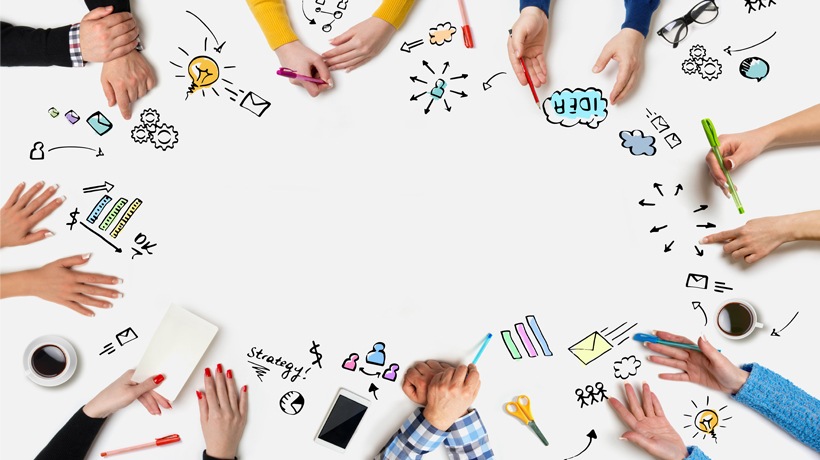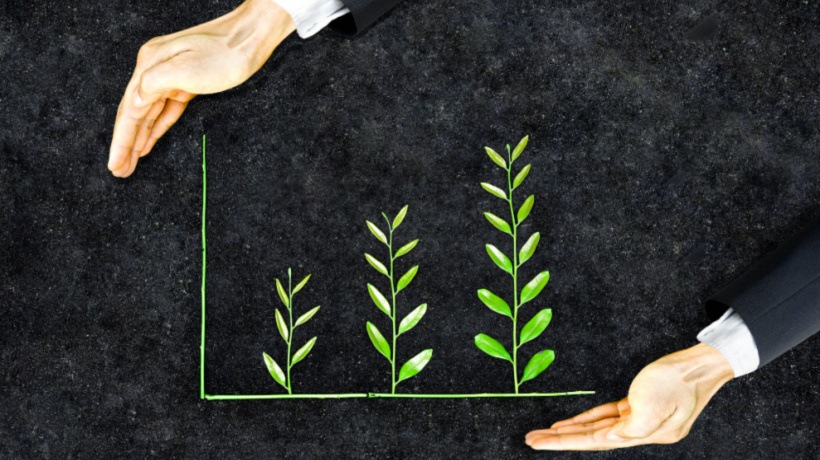The Future Of Work Is Human
A large proportion of workplace learning is developing specific substance skills and competencies, or hard skills. However, as technological advancements, digitalization, and continuous change transform and increase the demands of work, the key to future success is to strengthen the type of skills that maximize what the workforce is capable of learning, creating, and doing together.
Therefore, the continuous learning of skills such as empathy, self-awareness, communication, and creativity has become increasingly valuable and important for future success. These "soft skills" or "human skills" can be seen as meta-skills and as necessary prerequisites for the continuous development of expertise and substance skills that change rapidly with changes in industries and work.
However, growing individual requirements and complex problems in working life are increasing concerns regarding the (un)sustainability of workplace learning. Although continuous learning is a necessary and positive phenomenon, it also comes with potential risks for the individual, as learning demands add on to employees’ workload and test their coping skills.
Additionally, there are concerns regarding the sustainability of workplace learning initiatives at the organizational level. It is well understood that although individual learning is at the core, the success of workplace learning is heavily dependent on situational, cultural, and structural factors in organizations. For example, the sustainability of workplace learning is dependent on an organization's ability to successfully deploy crucial new knowledge and skills, as well as simultaneously protect the continuity of tacit knowledge.
Can Soft Skills Learning Play A Role In Sustainable Workplace Learning?
Working life requirements are constantly growing and changing, posing challenges for individuals and organizations to stay "up to date." Problems increase if learners do not first have sufficient capabilities to lead themselves, act creatively, or collaborate effectively. It is therefore conceivable that soft skills provide a sustainable starting point for workplace learning and competence development.
The sustainability of workplace learning can be approached from the perspective of well-being, as physical and mental health; continuity, as the efficient use of existing knowledge; and efficiency, as the rapid application of new knowledge.
What is the role of soft skills in these 3 perspectives?
1. Well-Being
Sustainability calls for the promotion of human well-being in different operations of organizations, including learning. Soft skills learning solutions utilize technologies, behavioral insights, and learning design methods for efficient development, rapid application, and widespread use of soft skills. Soft skills learning solutions can then, at their best, develop the skills and dispositions that help organizations and individuals keep up their functioning capability and thrive in complex, uncertain, and changing circumstances, thus supporting individual well-being.
2. Continuity
Continuity is the transferability and usability of previous and existing knowledge. It is strongly linked to the utilization of long-term knowledge resources like tacit knowledge.
Soft skills learning solutions that promote collaborative learning practices ensure the continuity of long-term knowledge through helping each employee understand their strengths, recognize valuable existing knowledge, and learn new skills by learning to solve work-related problems together with others.
Collaborative learning also effectively builds a strong sense of workplace community. Learning together creates positive emotions, and these emotions can spread to other teams and projects. Particularly in virtual teams where all the members work in different locations, collaborating with others strengthens the sense of connection.
3. Efficiency
Learning becomes unsustainable when the time and resources invested in learning efforts are not contributing to the quality or productivity of the work itself. Sustainable learning initiatives make work more effective.
Ideally, learning takes place and is put into action while working—learning and making use of it happens at the same time. A key soft skills factor here is the learner's own learning skills (i.e., the meta-level abilities of learning-to-learn). Also, self-leadership and collaboration skills are needed to reflect on the relevance and usability of the initiative for the team as a whole.
The three points of view—well-being, continuity, and efficiency—are also interconnected. Sustainability, as the using and reusing of existing knowledge, as well as efficiently applying new knowledge and skills makes learning a resource for the learners, thus reducing workload and promoting well-being.
Soft skills are a key component of sustainable learning as they underlie and support the continuity and efficiency requirements of sustainable learning initiatives and support well-being by rendering learning situations highly useful and meaningful.
References:
- Lemmetty, S. (2020). "Self-learning is present every day - in fact, it's my job". Self-directed workplace learning in technology-based work. Doctoral dissertation. Jyväskylä: University of Jyväskylä. Available at: https://jyx.jyu.fi/handle/123456789/71221
- Lemmetty, S. & Collin, K. (2020). Throwaway knowledge, useful skills or a source for wellbeing? Outlining sustainability of workplace learning situations. International Journal of Lifelong Education, early online: https://doi.org/10.1080/02601370.2020.1804004
- Pfeffer, J. (2010). Building sustainable organization: The human factor. The Academy of Management Perspectives, 24(1), 34 – 45
- Prugsamatz, R. (2010). Factors that influence organization learning sustainability in non-profit organizations. The Learning Organization 17(3), 243 – 267.










